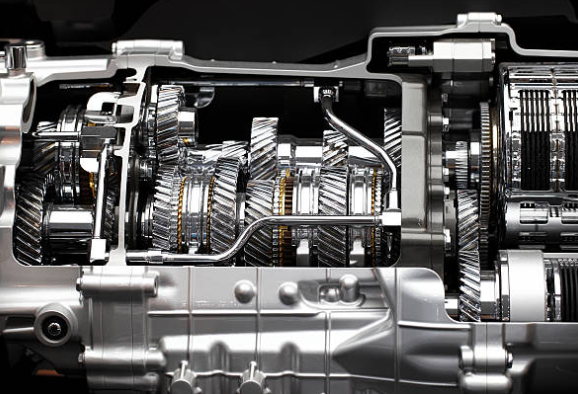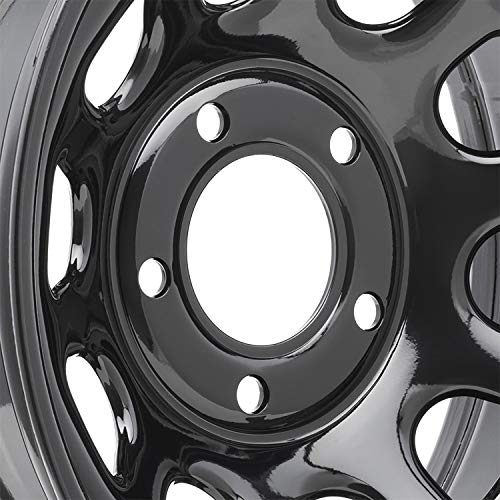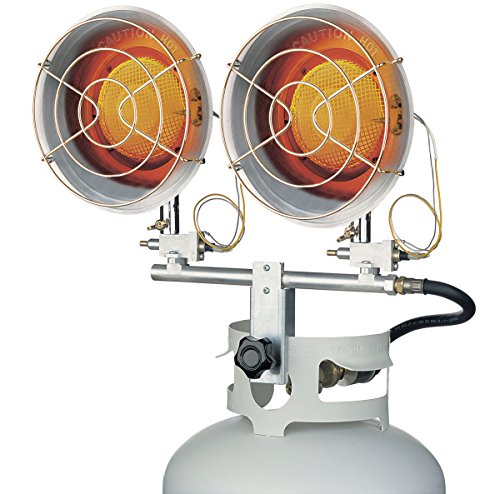How Long Do Alternators Last
As a car owner, you're likely aware of the battery powering your vehicle's electrical components. However, another critical component plays a crucial role in maintaining the battery's charge and overall functionality the alternator. In this guide, we'll address common queries about alternators, including their lifespan, functioning, signs of potential failure, and essential maintenance practices. Stay informed to ensure optimal performance and longevity for your vehicle's charging system.
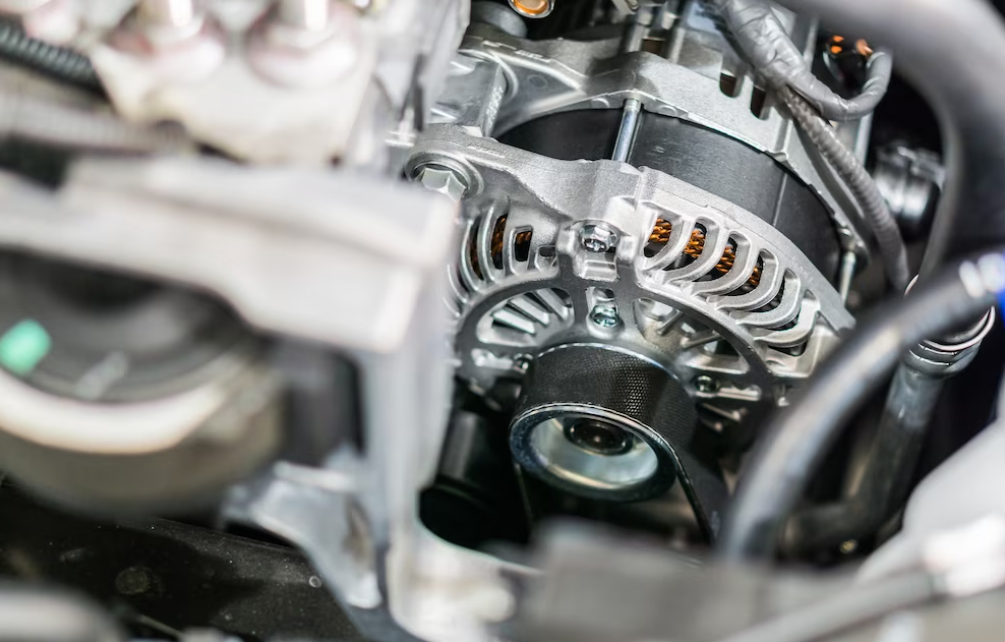
How Alternators Work?
The alternator operates on electromagnetic induction, generating electric current by moving a conductor through a magnetic field. Driven by the engine's crankshaft through a belt, the alternator's pulley rotates a rotor inside a stator, creating an alternating magnetic field that induces AC voltage in copper coils.
To meet the car's need for stable direct current (DC) voltage, a rectifier within the alternator converts AC voltage to DC by allowing current flow in one direction. The rectifier also smoothens current fluctuations, producing a consistent DC voltage. A voltage regulator ensures the output stays within a safe range, preventing overcharging or undercharging, safeguarding the battery and electrical components.
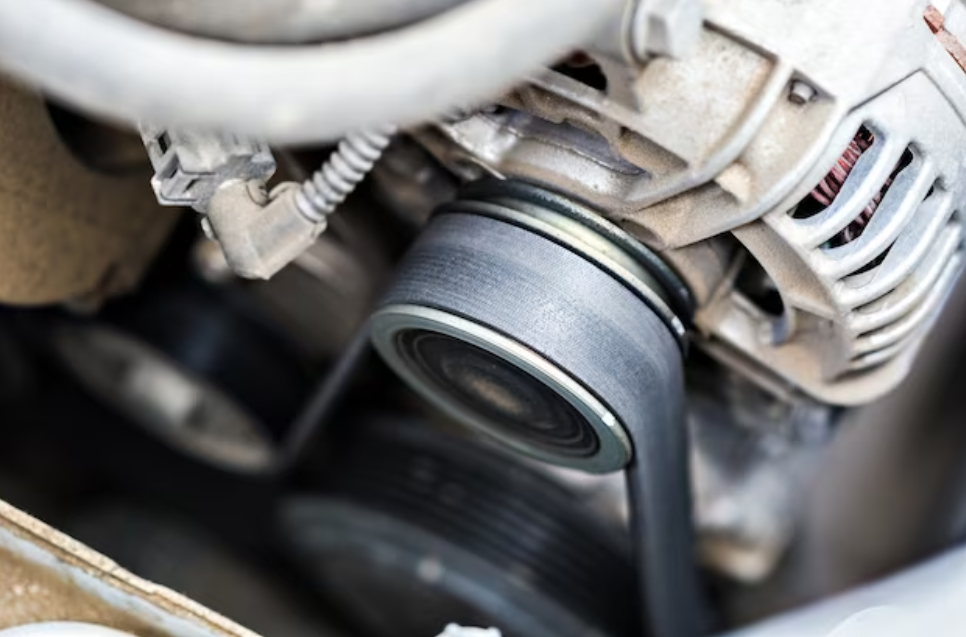
An alternator's lifespan, influenced by factors like part quality, vehicle condition, electronic device usage, and driving habits, averages around 7 years or 150,000 miles. However, this varies widely, ranging from 3 years or 50,000 miles to 10 years or 200,000 miles.
Unlike batteries (lasting 3 to 5 years), alternators are primarily affected by mechanical wear, costing between $500 and $1,000 for replacement, depending on factors like car model and labor charges. Remanufactured alternators are more budget-friendly but have a shorter lifespan. Consider your car's longevity before investing in a replacement.
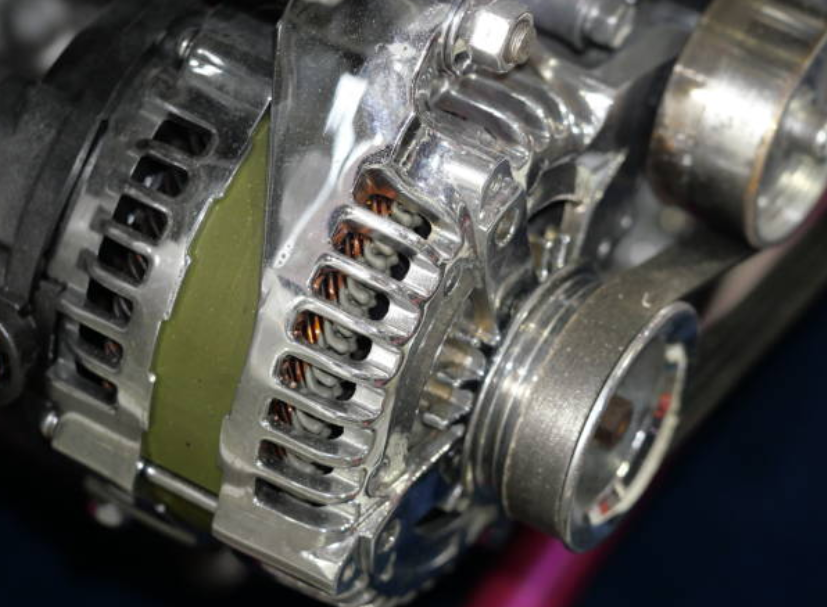
Dimming Lights:
- Notice headlights or interior lights dimming.
Warning Light Illumination:
- Check for a battery or alternator warning light on the dashboard.
Irregular Charging:
- Experience frequent battery-related issues.
Strange Noises:
- Hear whining or grinding sounds when the engine runs.
Electrical Failures:
- Encounter malfunctions in power windows, radio, or accessories.
Stalling or Difficulty Starting:
- Experience engine stalling or difficulty starting.
Burning Smell:
- Detect a burning smell, possibly indicating overheating.
Dashboard Flickering:
- Observe flickering or erratic behavior on the dashboard.
Battery Issues:
- Notice premature battery wear or failure to hold a charge.
Dashboard Warning Messages:
- Check for specific warning messages related to the alternator.
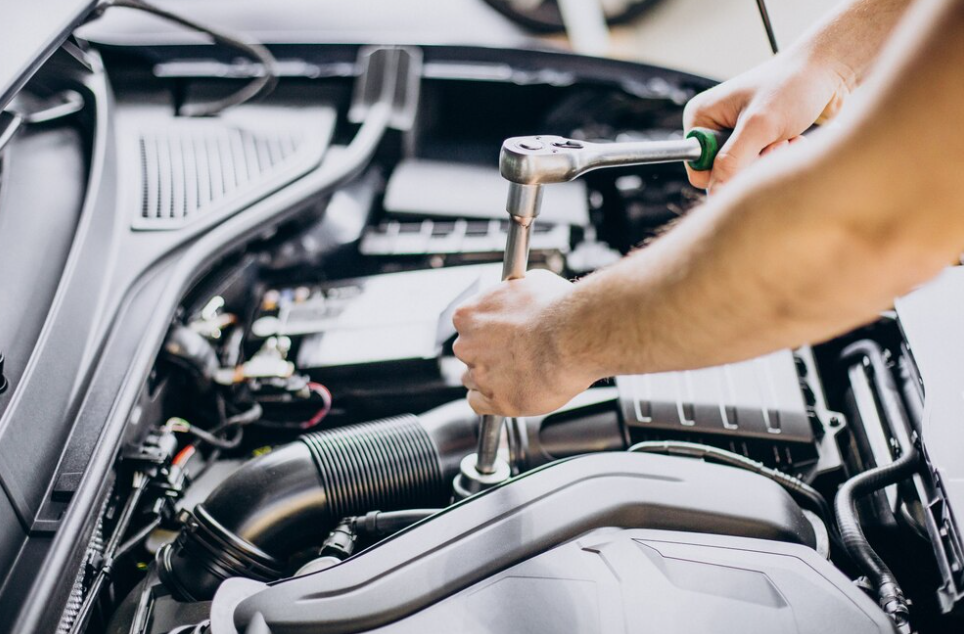
Belt Check:
- Ensure the alternator belt is tight, clean, and free of cracks. Replace it if any signs of wear or damage appear.
Connection Inspection:
- Regularly check and clean the connections between the alternator, battery, and electrical components. Secure, corrosion-free connections are crucial for optimal performance.
Voltage Output Verification:
- Use a voltmeter to check the alternator's voltage output (13.5 to 14.5 volts) while the engine runs. Consult a mechanic if it falls outside this range.
Electrical Load Limitation:
- Reduce strain on the alternator by limiting unnecessary use of electrical devices like the radio, heater, or wipers. Turn them off when not in use.
Battery Maintenance:
- Ensure a healthy battery to alleviate stress on the alternator. Clean terminals, check fluid levels, and replace the battery when old or damaged.
-
Can a remanufactured alternator be a cost-effective option?
Yes, remanufactured alternators are generally more budget-friendly than new ones. However, they may not last as long. Consider your car's expected lifespan when deciding between a new or remanufactured alternator.
-
How often should I check my alternator?
Regular checks are advisable, especially if you notice any signs of a failing alternator. Additionally, it's wise to include alternator checks during routine vehicle maintenance, such as oil changes or tire rotations.
View more article here: The 10 Best In-Car DVD Players For Ultimate Entertainment


